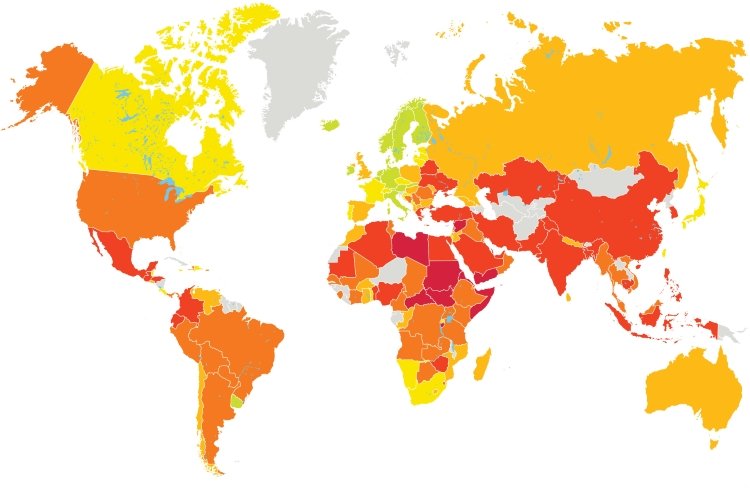The ILO expert Oxana Gerasimova explained the ILO systematic approach to occupational health and safety, priority of prevention prior to compensation and the risk assessment as an employer tool for targeted improvement ;
Wiking Husberg presented the improvement of working condition though social dialogue and how to build the capacity among trade unions top management and OSH specialists; the ETUI senior researcher, Viktor Kempa, presented what is hidden under a brand of a preventive culture, the EU approach to hazardous work and the role and practice of labor inspection in the EU Member States.
Sergeyus Glovackas from the ILO Moscow referred to trade union membership motivation through health and safety at workplace strategy.
The PERC representative, Olga Nicolae explained the PERC priorities as concerns OSH and suggested the main lines for the future work plan of the OSH Network in the NIS.
The working groups organized during the first and second day of the seminar have debated on what type of knowledge on OSH does the trade unions need and how to build OSH capacity in trade unions. All participants agreed on the following policy frame and trade union priorities both on national and sub- regional level:
Occupational Safety and Health of workers is a fundamental human right; unions have a key role in developing health and safety policy at company level and national level; unions decide to put high on the agenda the issue of OSH; OSH has to become a priority in trade union work at the workplace, at the level of branches and at national level; trade union OSH must be considered as means of better organizing the workers and especially the vulnerable groups and as means of motivation of trade union membership in unions; the utmost importance in introducing preventive culture based on social dialogue and workplace democracy when discussing national programs and at the working place; trade unions in the region support the ratification by their countries of ILO Convention 187 and implementation of management system on OSH (ILO-OSH 2001) at the enterprise level.
Proposals have been made for the action plan for the next five years and strengthening the OSH Network in the NIS. The policy frame and action plan will be presented both to the ILO and ITUC /PERC for future collaboration and support of proposed activities.



